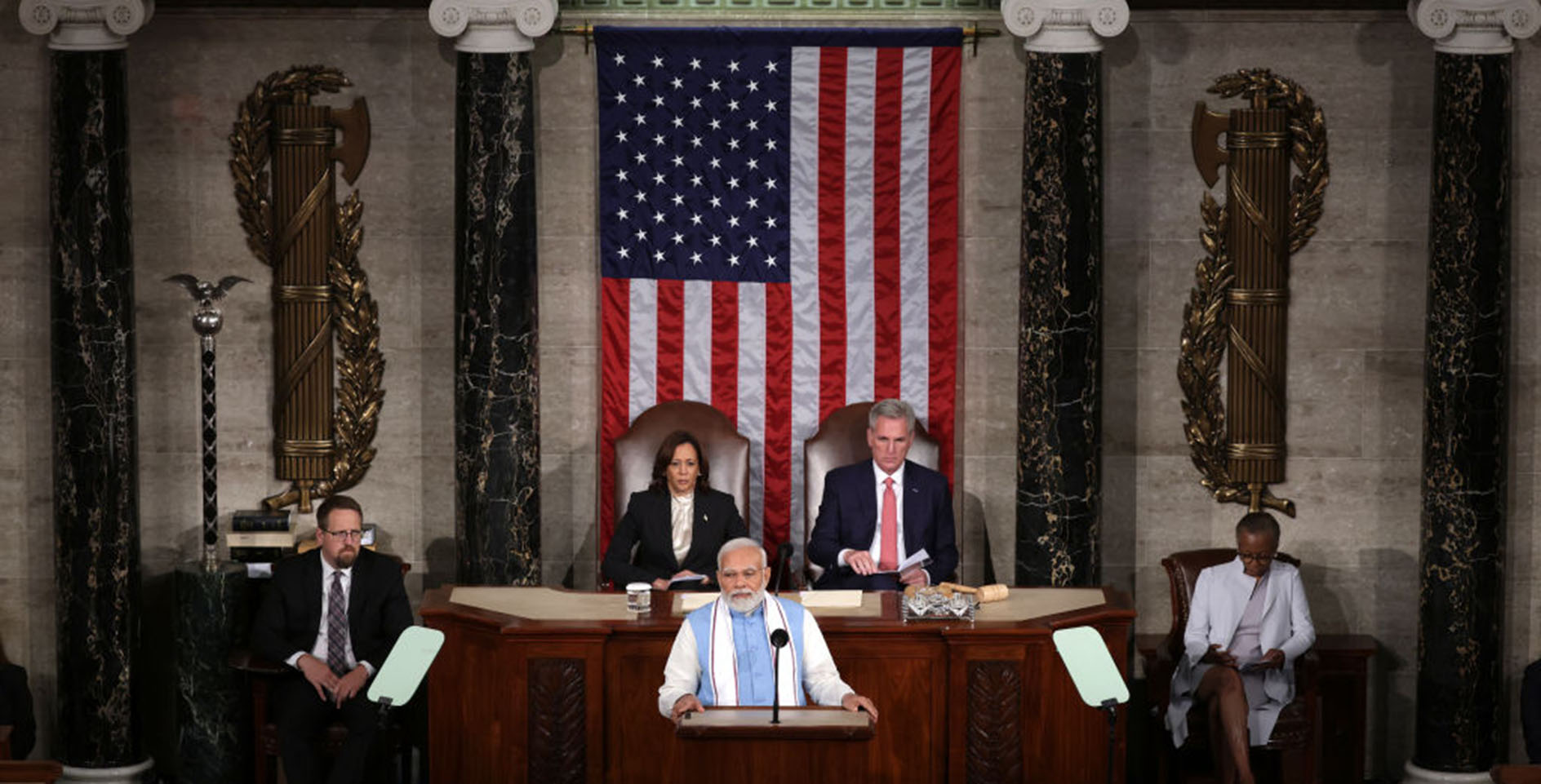On Sept. 16, the Arizona Supreme Court ruled in favor of Joanna Duka and Breanna Koski’s right to free speech. Duka and Koski own and operate an art studio named, Brush & Nib Studio. The studio willingly serves all people while clearly stating that they “will not create custom artwork that communicates ideas or messages that contradict biblical truth, demean others, endorse racism, incite violence, or promote any marriage besides marriage between one man and one woman, such as same-sex marriage.”
At the heart of their case is the principle of free speech which maintains that no one should ever be compelled to promote or communicate a message that is contrary to their sincerely held beliefs. As the Arizona Supreme Court ruled, “an individual has autonomy over his or her speech and thus may not be forced to speak a message he or she does not wish to say.”
As others have noted, this case marks another major victory regarding religious liberty in the United States. Americans should be grateful for this victory, as i t both protects the consciences of people of faith, and also protects those that do not share the same faith convictions.
Custom works of art, like those offered by Brush & Nib Studio, are a reflection of their creators. And, because such artwork cannot be separated from the artists themselves, Duka and Koski should be free to use their artistic gifts in ways that are in accordance with their consciences. They should not be forced to use their gifts to provide customized artwork to promote messages that conflict with their convictions. Furthermore, the freedom enjoyed by Duka and Koski should be extended to all. Whether a person is baking a cake, arranging flowers, creating wedding videos, or creating wedding invitations, no one should be forced to use their creative gifts to support or celebrate something that contradicts their beliefs.
In terms of what this means for Christians, though, this victory adds another legal precedent to the books to protect from coerced speech, particularly as it relates to crucial matters involving Christian sexual ethics.
This case, like the others before it, should encourage everyone who is concerned about freedom of speech and religious liberty. It is a victory for anyone that wants the freedom to live according to their conscience. In terms of what this means for Christians, though, this victory adds another legal precedent to the books to protect from coerced speech, particularly as it relates to crucial matters involving Christian sexual ethics.
As society marches down the path of the sexual revolution, Christians will continue to see an attack on freedom of speech. While our hope and allegiance are ultimately in Christ, we should also be thankful for God’s mercy toward a country that supports a public square where conversations and debates can be enjoyed between people with differing viewpoints. If, however, we one day find ourselves living in a society that does not welcome the free exchange of our ideas, we must not lose heart or deviate from our obedience to Christ. We must resolve now to obey God rather than man (Acts 5:29), while remembering that we are exiles and sojourners in this land (1 Pet. 2:11-12) , seeking the City that is to come (Heb. 13:14).










